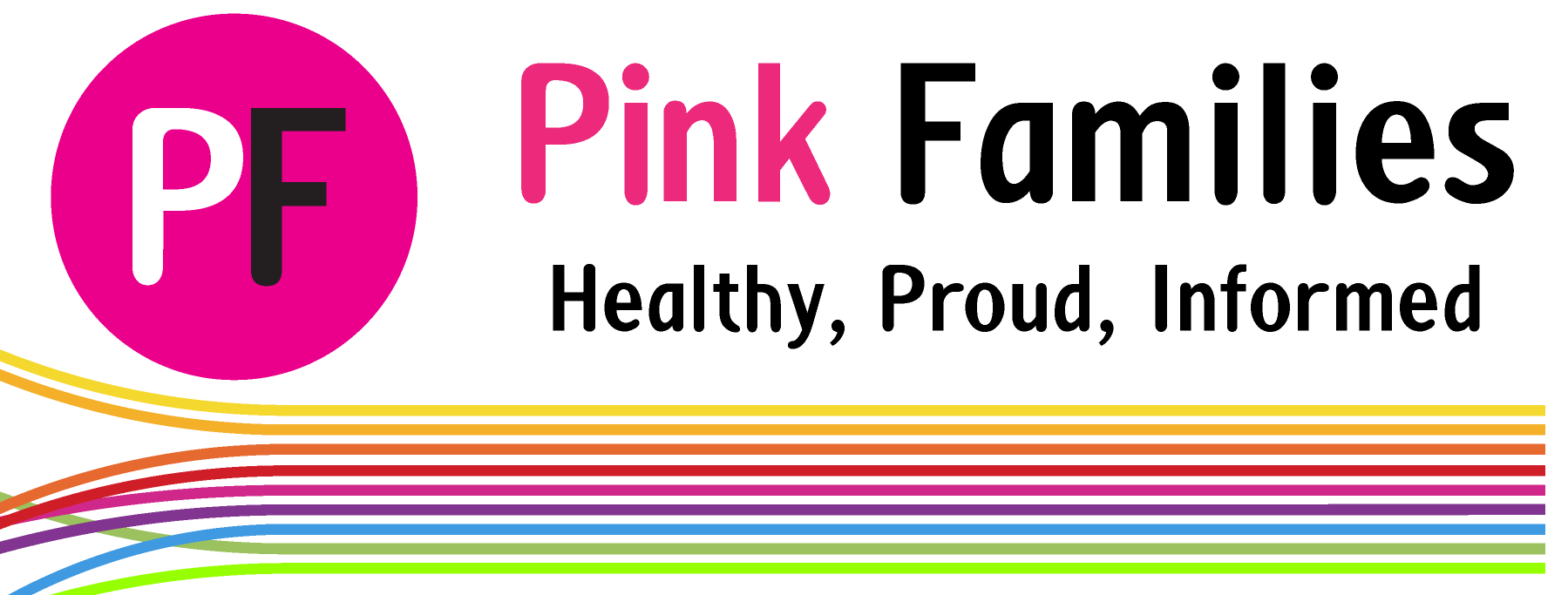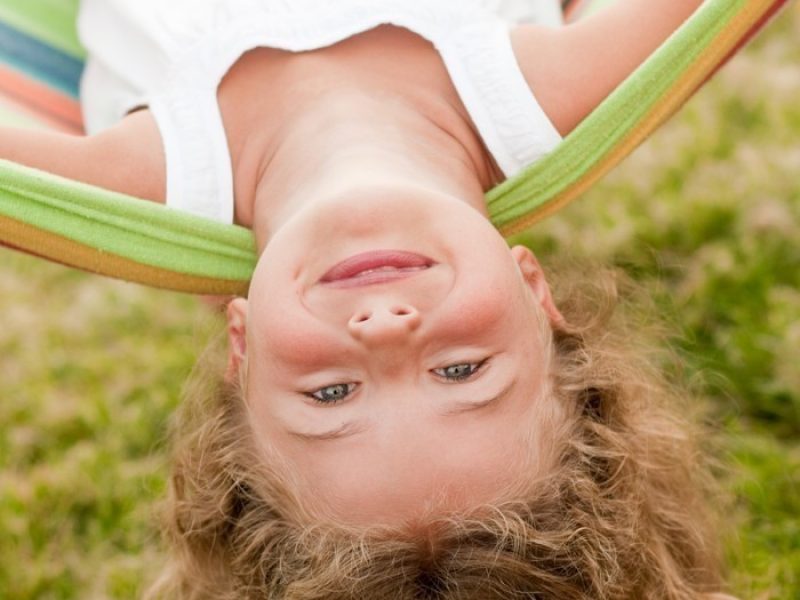What did the research examine?
The research explored in considerable detail the experiences of 130 adoptive families, looking at important aspects of family relationships, parental wellbeing and child adjustment. The study compared three kinds of adoptive families: those headed by gay fathers (41 families), those headed by lesbian mothers (40 families) and those headed by heterosexual parents (49 families).
What did the researchers do?
Professor Susan Golombok, Director of the Centre for Family Research at the University of Cambridge and co-author of the report, said: “We worked with more than 70 adoption agencies across the UK to recruit families. The participating families were similar in terms of ethnicity, socioeconomic status and education. Overall we found markedly more similarities than differences in experiences between family types. The differences that did emerge relate to levels of depressive symptoms in parents, which are especially low for gay fathers, and the contrasting pathways to adoption which was second choice for many of the heterosexual and some lesbian parents – but first choice for all but one of the gay parents”.
What differences emerged?
Some interesting differences emerged in parents’ wellbeing across the three types of family. Gay fathers were significantly less likely to report having depressive symptoms than lesbian mothers and heterosexual couples, most probably reflecting the lower levels of depression shown by men than women generally.
However, it should be noted that the level of depression reported by lesbian mothers and heterosexual parents was below, or in line with, the national picture for mental health.
Gay fathers appeared to have more interaction with their children and the children of gay fathers had particularly busy social lives.
Different pathways through adoption
Pathways to adoption also differed across the three groups. The study revealed some differences between the pathways of same-sex couple adoption and opposite-sex couple adoption.
This was particularly true of gay fathers, many of whom had viewed their sexual identity as incompatible with parenthood.
Most of the heterosexual couples, and a significant number of lesbian couples, had experienced fertility problems. Many had undergone IVF treatment with no success. In contrast, only one of the gay couples had tried (but failed) to conceive with the help of a surrogate. For the remaining gay couples, adoption was the first choice.
Experiences of the same-sex couple adoption process
In the UK, adoptive families are needed for some 4,000 children each year. Same-sex couples have had the legal right to adopt since 2005. Same-sex couples remain a small proportion of the total number of adopters.
Most parents in this study across the family types had positive experiences of the adoption process. Many spoke warmly of the support they received.
A number of same-sex couples, however, reported that agencies lacked experience in working with gay and lesbian parents and that this showed itself in awkwardness. One gay parent described having the phone put down on him when he said that his partner was a man.
Being adopted makes children different to many of their peers: being adopted by same-sex couples could add another dimension to that sense of being different. Interviews with parents showed that they were well aware of the extra challenges they and their children might face – and that they hoped to raise children who were secure in their own identity and valued diversity.
References
Redistributed here from Cambridge University.
Marc and Adrian Morgan reflect on their experiences of gay adoption in this video below from the BBC.


